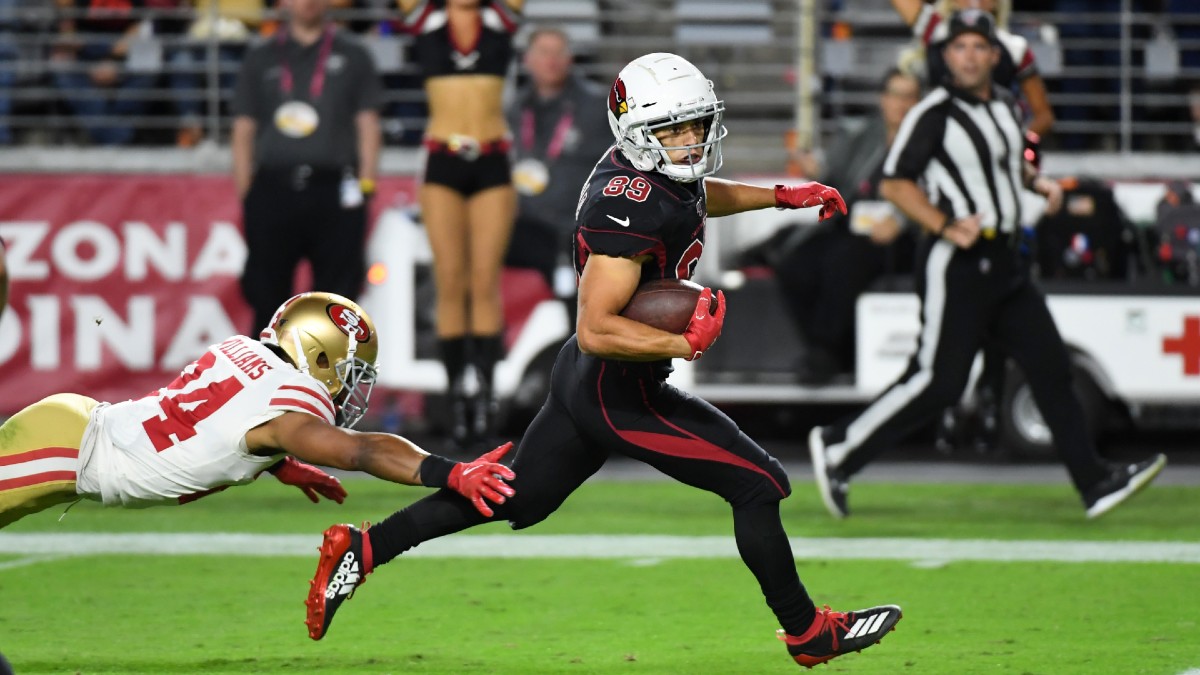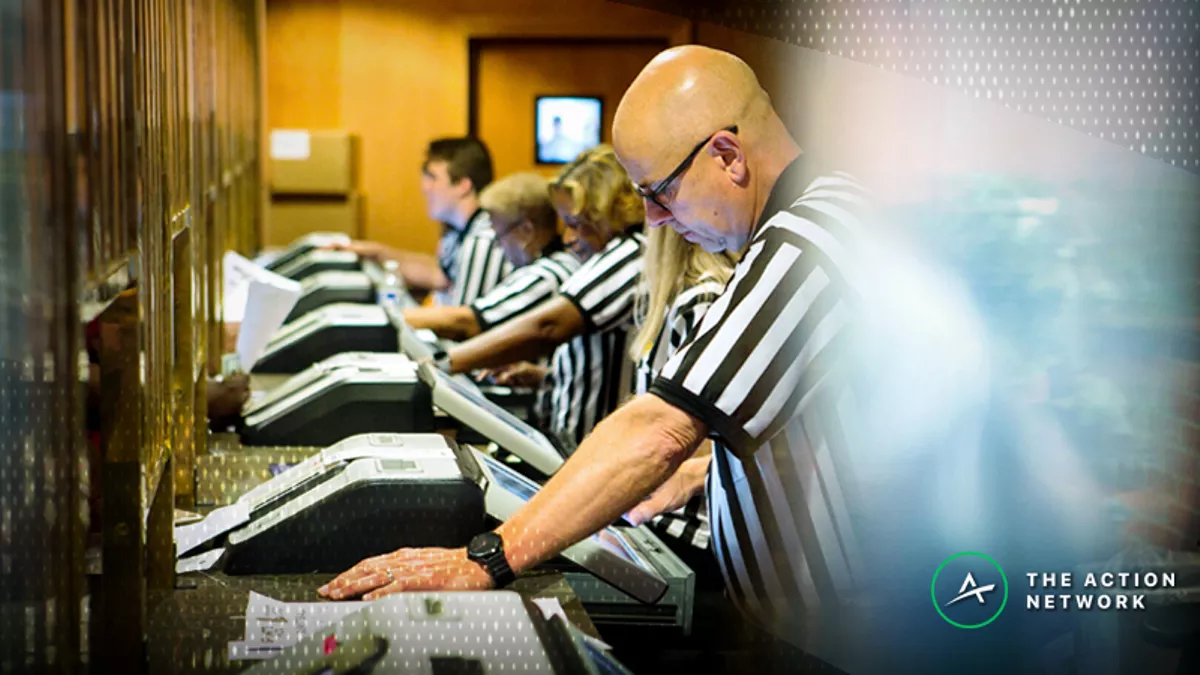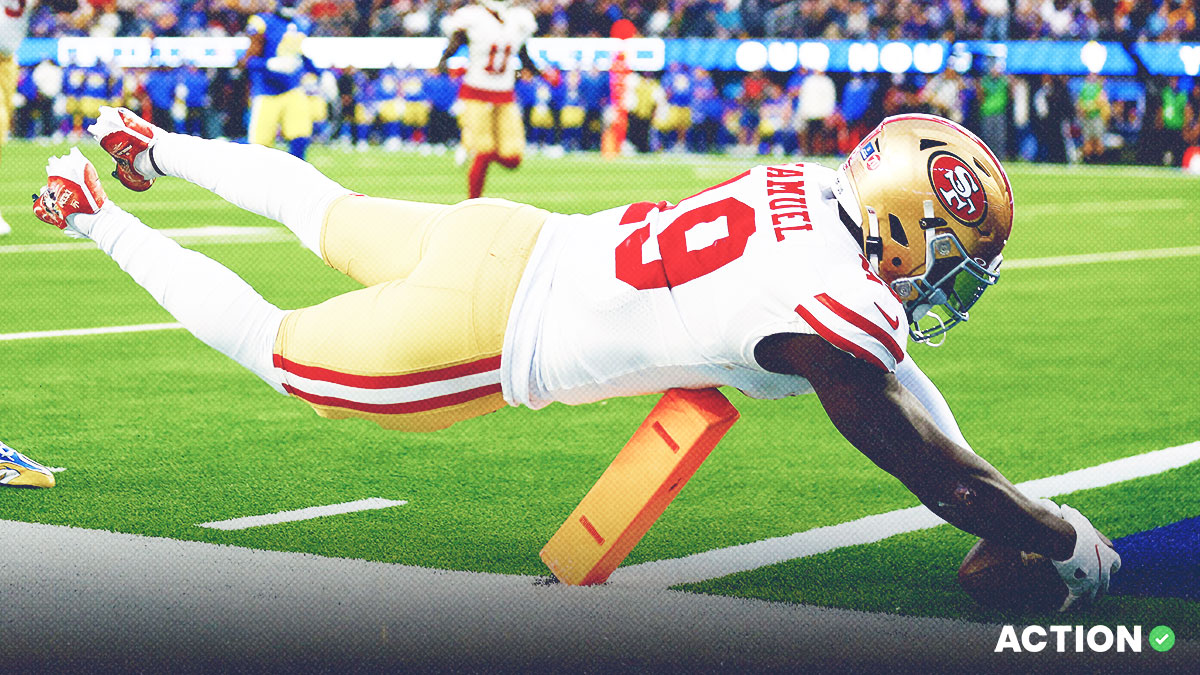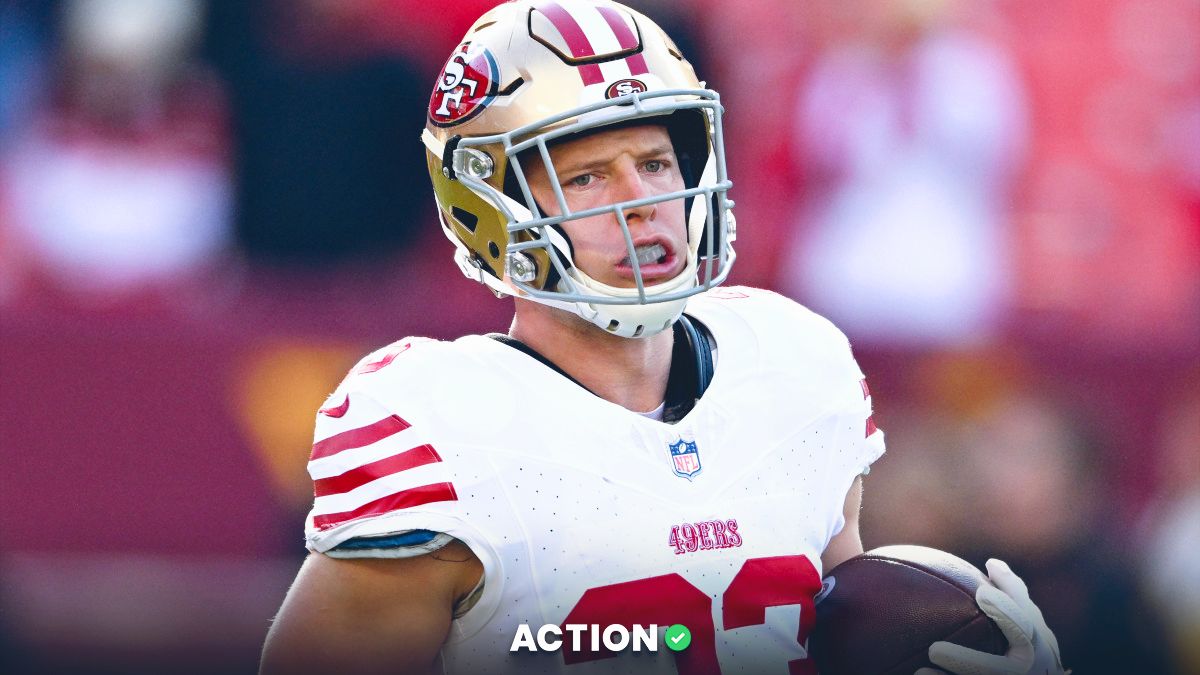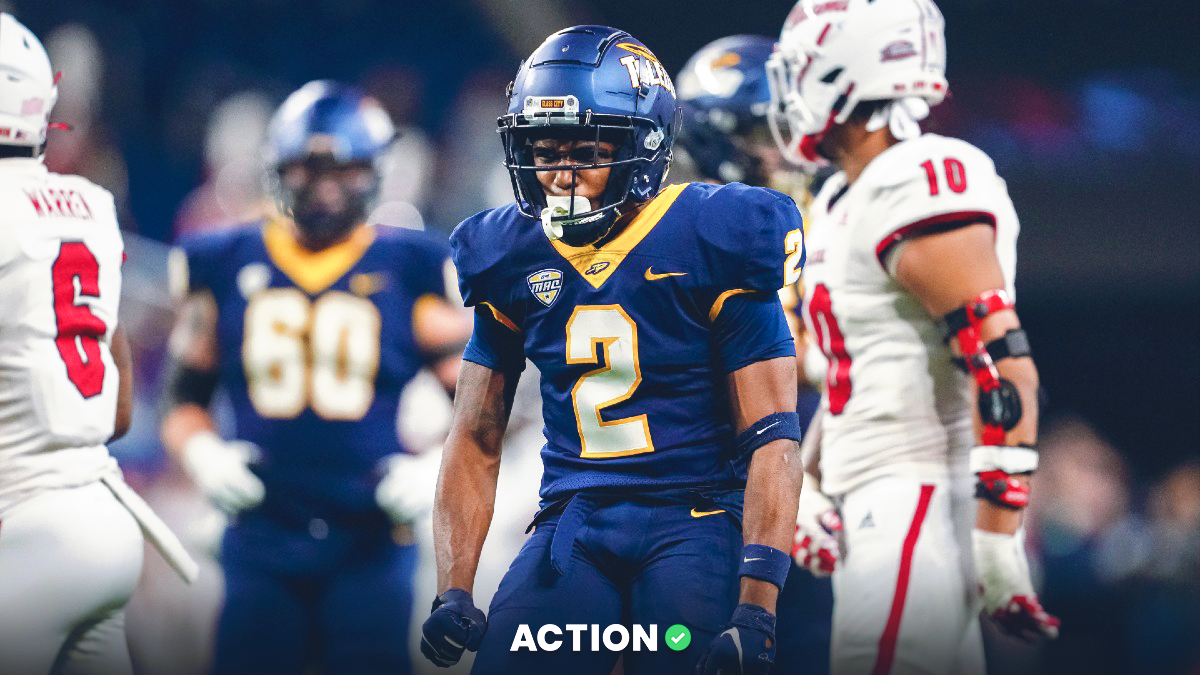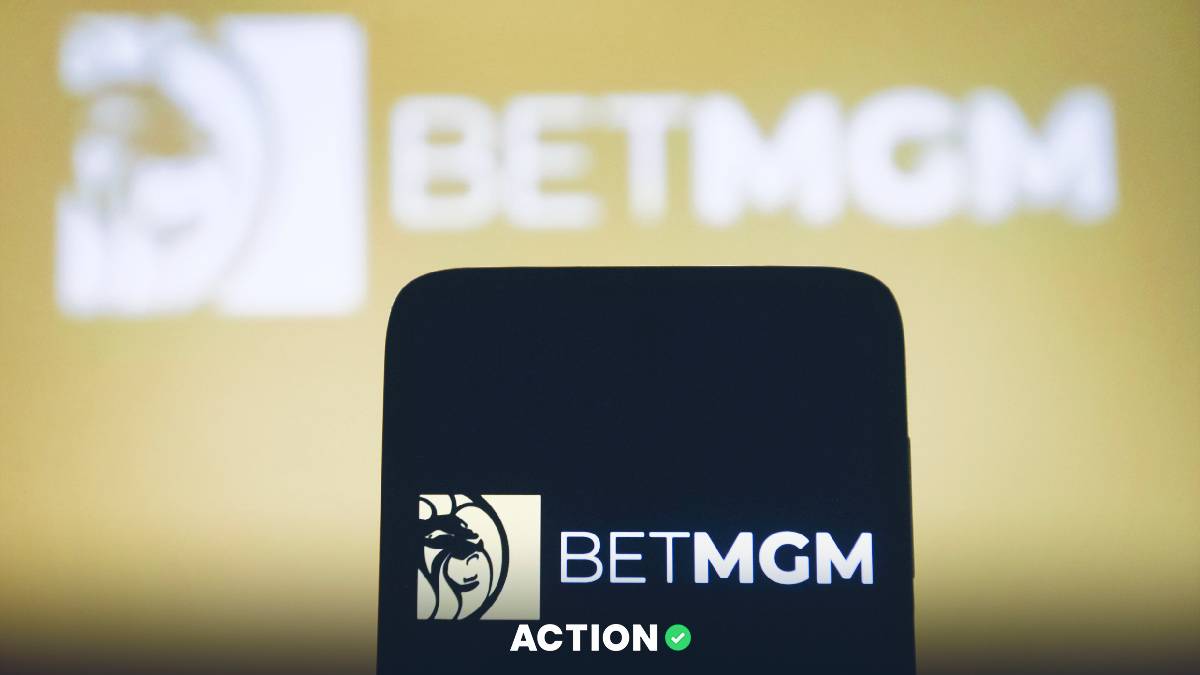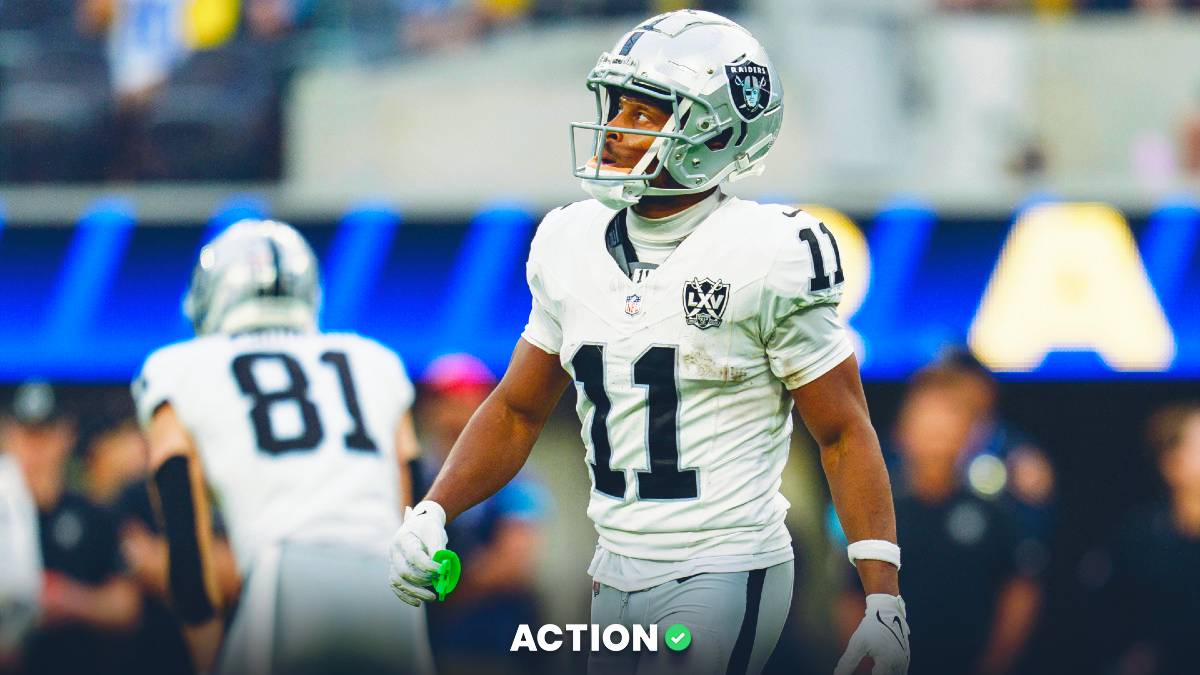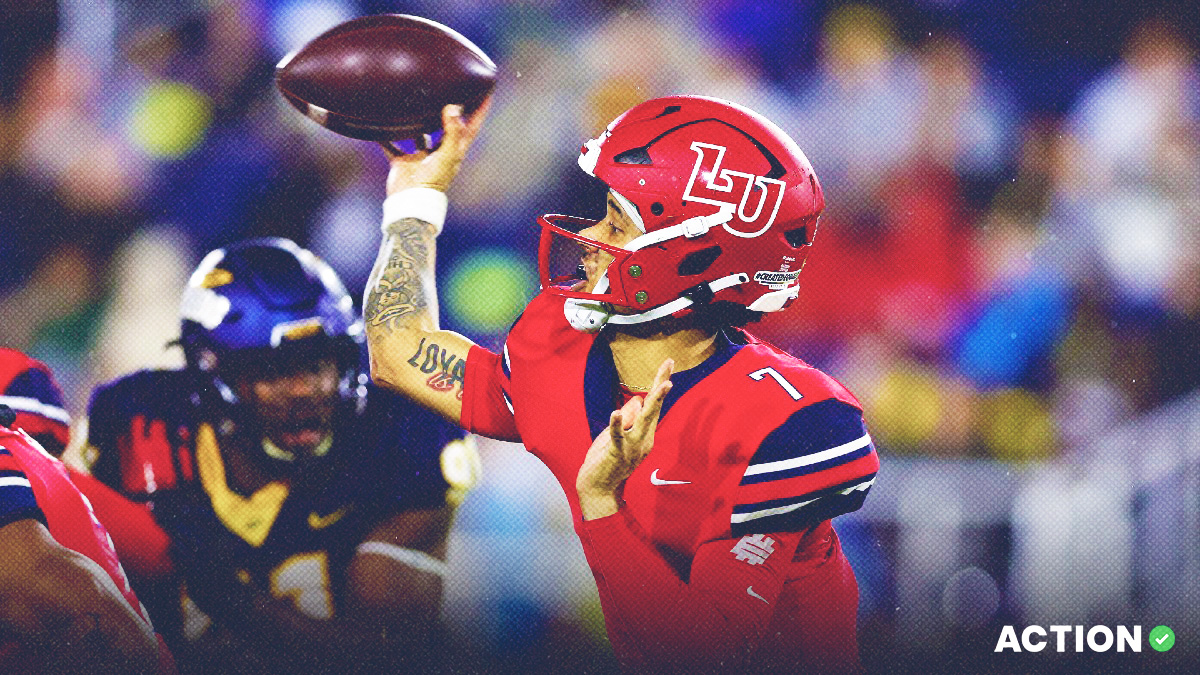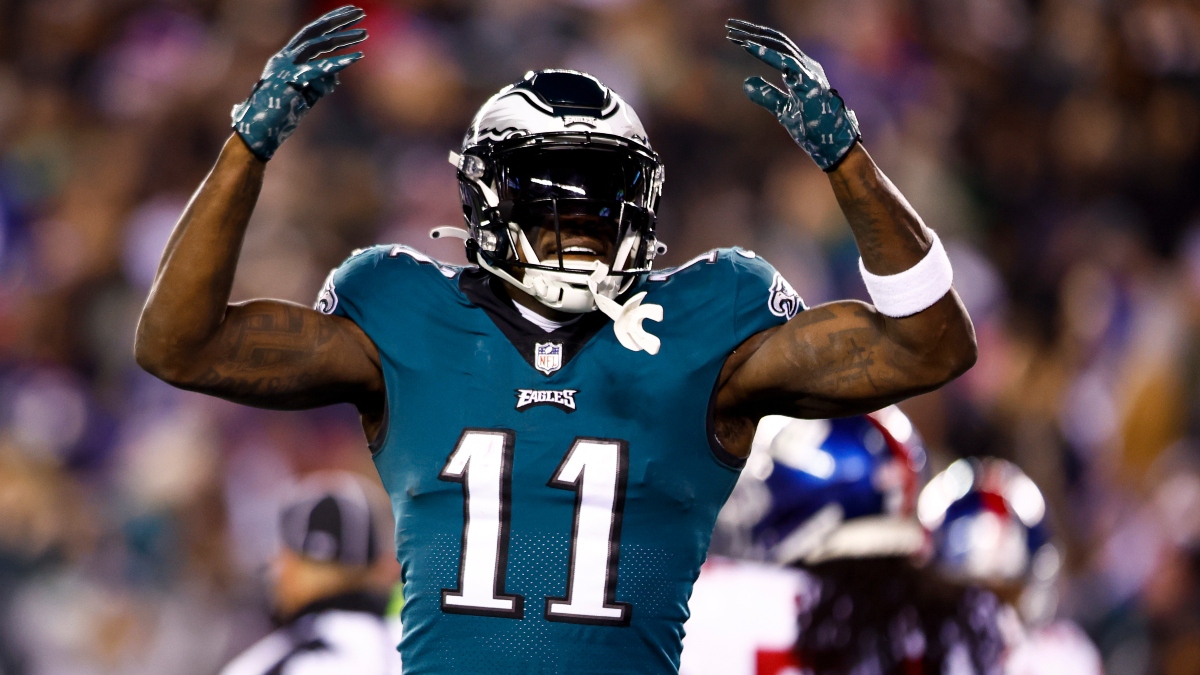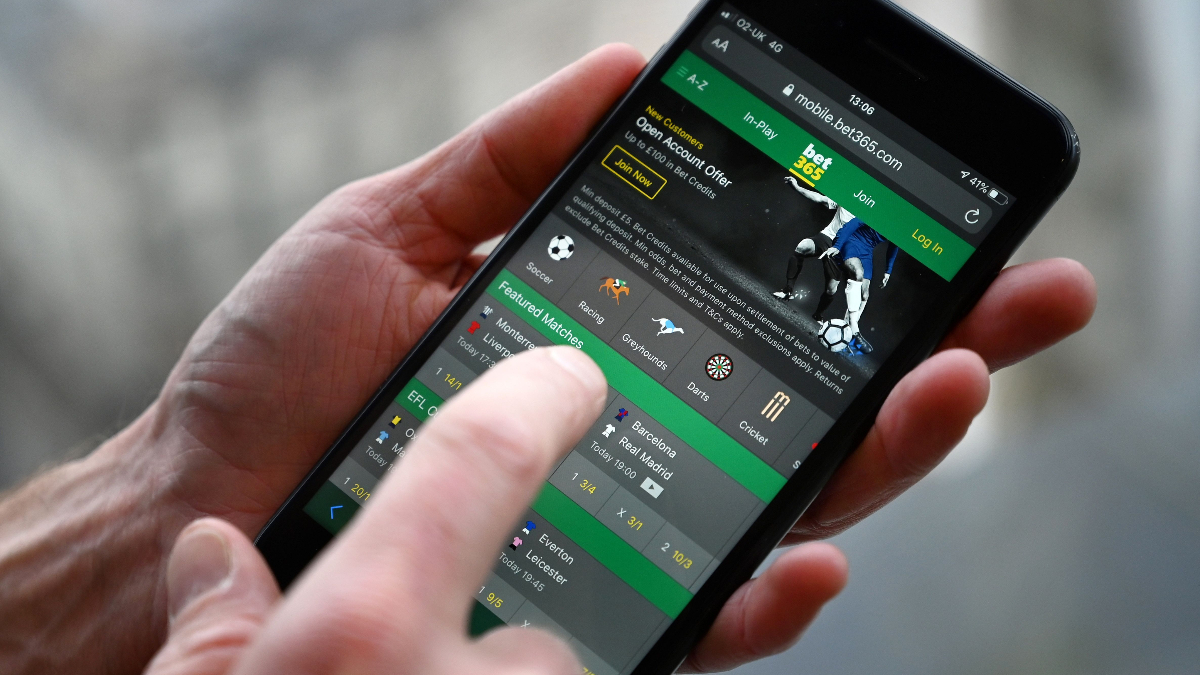A backdoor cover is when an underdog is trailing by more than the point spread, and scores meaningless points late in the game to cover the spread.
Example: Say you've bet the Detroit Lions at +13 in Green Bay against the Packers, and Detroit is down 30-14. Jared Goff gets the ball back with two minutes left to play.
The Lions aren't covering the point spread at that moment (down 16 with a spread of +13), but a touchdown will get them inside the number, and cash any bets on Detroit.
Goff leads the Lions down the field and they score with 11 seconds left to make it 30-21. Green Bay recovers the onside kick and takes a knee, and the game ends with a nine-point victory for the Packers, but a cover for the Lions, where the Packers are the "losing side" for the point spread.
That touchdown was meaningless to the actual outcome of the game, but it'll certainly hold meaning to anyone holding a spread ticket, and is a bad beat for any Packers bettors.
Because of this, backdoor covers provide some of the worst beats.
A Backdoor Cover Only Applies to Underdogs …
The very nature of the phrase — backdoor cover — implies that the team is the underdog and is sneaking in a cover.
A frontdoor cover is when the favorite does the same thing — scores a meaningless late touchdown to cover the spread without really changing the outcome of the game. If the Packers led 30-21 as 13-point favorites and scored a meaningless touchdown in the final moments, that's a frontdoor cover – the inverse of a backdoor cover.


